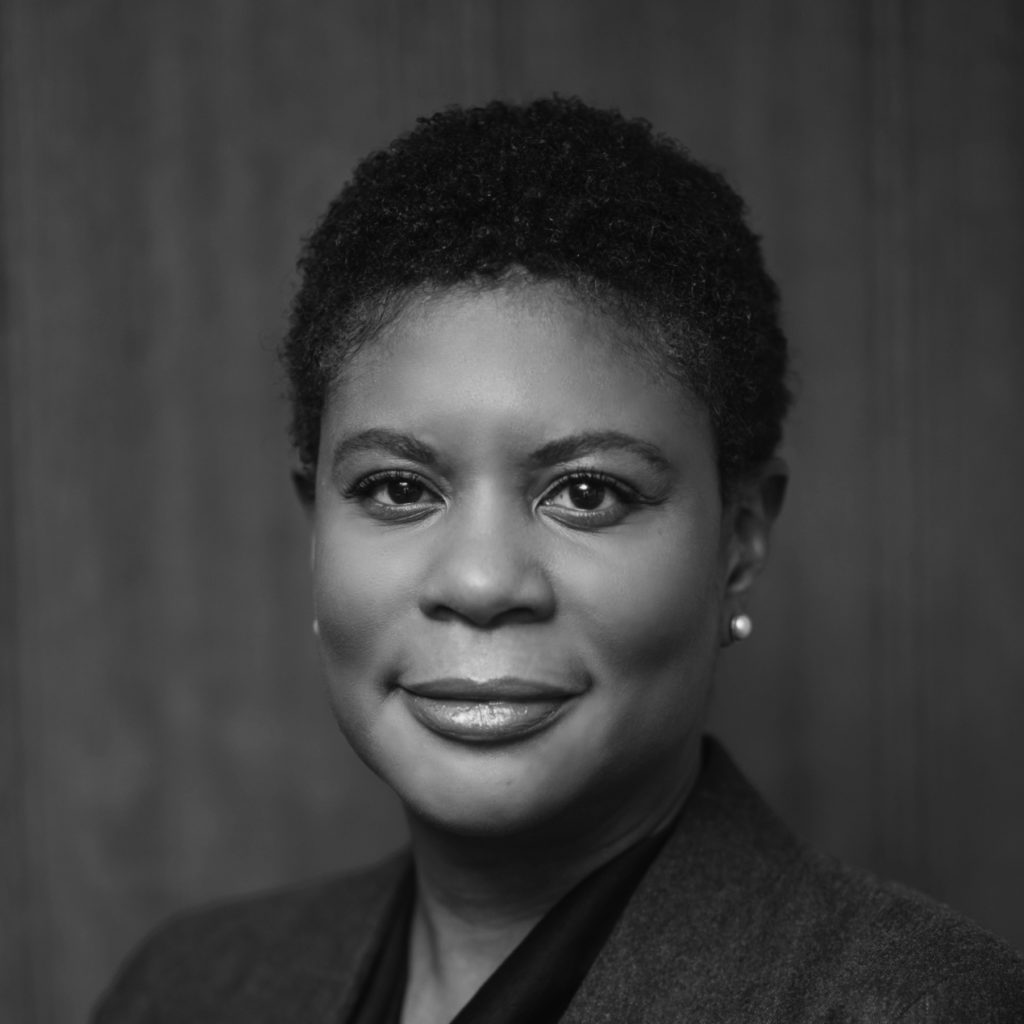Alondra Nelson is the Harold F. Linder Professor at the Institute for Advanced Study and a distinguished senior fellow at the Center for American Progress. A former deputy assistant to President Joe Biden, she served as acting director of the White House Office of Science and Technology Policy (OSTP). At OSTP, Nelson was architect of the White House’s landmark Blueprint for an AI Bill of Rights, which is a cornerstone of President Biden’s Executive Order on the Safe, Secure, and Trustworthy Development and Use of Artificial Intelligence. In recognition of this work, Nelson was named to the inaugural TIME100 list of the most influential people in AI. A Data & Society advisor, Nelson served on the organization’s board from 2016 until her appointment to the Biden Administration in 2021.
Nelson regularly advises American lawmakers on issues of national importance, including AI governance. As a science and technology policy advisor, she has provided guidance to local, state, and federal governments, legislators, multilateral and international organizations, and others. In 2023, she was appointed as the US representative to the United Nations High-Level Advisory Board on Artificial Intelligence, and was a civil society representative to the UK AI Safety Summit.
An acclaimed academic researcher, Nelson served as the inaugural dean of social science at Columbia University and was the 14th president and CEO of the US Social Science Research Council. She writes and lectures widely on the intersections of science, technology, medicine, and social inequality. Nelson is the author of several books including, most recently, The Social Life of DNA. Her essays, reviews, and commentary have been featured in national and international media outlets including The New York Times, The Washington Post, The Wall Street Journal, Wired, and Science. She is an elected member of the American Academy of Arts and Sciences, the American Association for the Advancement of Science, the American Philosophical Society, the Council on Foreign Relations, and the National Academy of Medicine.


